So What's the Deal With Solar Panels?
In an effort to reduce carbon footprints and energy bills, many homeowners are deciding to switch to solar energy and install panels on their roofs. It seems pretty straightforward— who wouldn’t want to save a couple bucks while helping the planet? What many people do not realize, however, is its impact on the resale process of their home.
To be sure, there are benefits of installing solar panel systems. The most obvious is that, with the amount of electricity generated through the panels, a typical solar panel system can provide at least half of a home’s energy needs. For homes with whopping energy bills, installing a solar panel system can be a no-brainer. There are even cases where some homes don’t have an electricity bill at all. Though the amount of energy generated depends on the number of solar panels, solar panel size, and the amount of sunlight available, many homeowners reap the rewards of having solar panel systems.
Of course, savings like this don’t come cheap! Though there is the potential for energy and cost savings, the initial investment of solar panels typically runs about $15,000-20,000. Because so many homeowners balk at that price, they are given the option to lease rather than own the panels—which is where it gets dicey.
When signing a lease with a solar company, the terms of that lease are usually 15 years. If for some reason the home is sold before that time frame ends, breaking the lease can cause owners to be charged upfront for the 15 years of use they agreed to, which can be $15,000 or more. The other option is to transfer the lease to the new buyer, which has its own challenges. First, the potential buyer may not care about solar energy, or may see it as an unnecessary expense. Second, even if the buyer would be willing to take over the lease, they may not want the responsibility of the maintenance and upkeep of the panels. Furthermore, the lease of the solar panels may increase their debt-to-income ratio, pricing them out of a house they could otherwise afford. Third, some buyers (and even listing agents) may see the prospect of working with the solar companies to transfer ownership as a hassle that is not worth their while.
Sellers of homes with solar panels may think, but don’t they add value to my home? If the panels are owned, that could be true (up to 3-4% in some studies). But sellers should be aware that appraisers cannot add anything to the value of a home that is not permanent to the structure— including leased solar panels. There are some other factors to consider, including curb appeal, roof condition, and age of the system. Solar panels that are installed on conspicuous areas of the roof many diminish curb appeal, especially if it is the only house in the neighborhood with them. Another issue can be installing panels on old roofs, in which case the solar panels will have to be removed as soon as the roof needs to be replaced. For buyers who do like and want solar panels, the age of the system itself can be a deterrent, even if the system is functional.
The decision to install solar panels should be a well-informed and practical one. Some things to consider are whether or not the panels will be leased or bought outright, where the panels can be placed, the age of the roof, and if other houses in the area have them. While there are some factors that can deter potential buyers, there are others (like potentially huge energy savings) that can be a huge plus. The best way to proceed before taking the plunge with solar panels is to gather as much information as possible before making a decision that will likely impact the future sale of the home.

